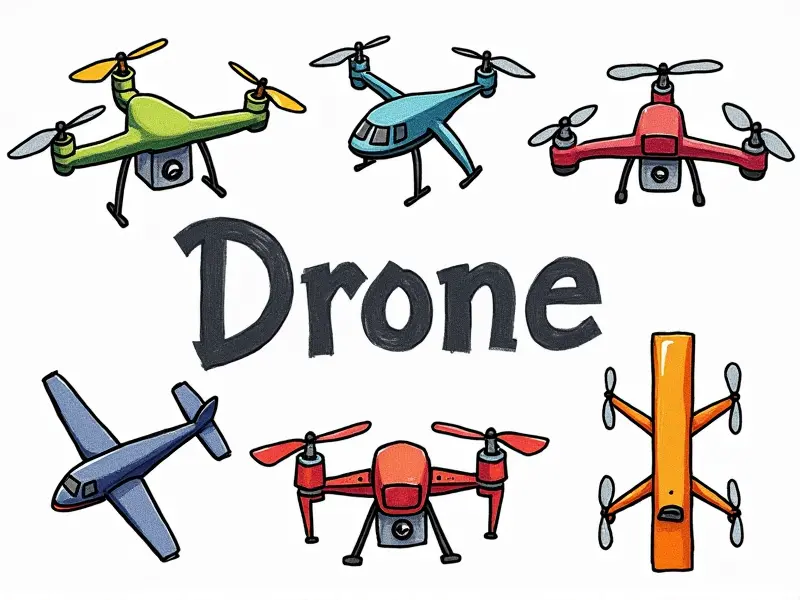Can low temps damage a battery?

Is It Safe to Fly in the Cold?
Flying drones or remote-controlled (RC) vehicles in cold weather can pose several challenges, particularly concerning battery performance. The cold can significantly impact how well your batteries function and last during flight. Understanding these risks is crucial for ensuring safe and efficient operation.
Low Temp Risks for FPV Racing Batteries
Flying with First-Person View (FPV) racing drones in chilly conditions requires extra attention to battery management. Low temperatures can cause batteries to discharge faster, leading to reduced flight times and increased risk of sudden power loss mid-flight.
Battling the Chill: RC Battery Tips
- Pre-charge your batteries indoors before use to ensure they are fully charged and warm.
- Use insulated battery bags or wraps to maintain warmth during transport.
- Avoid flying in extremely cold conditions unless necessary, as this can severely limit flight duration.
Protecting Batteries in Winter Flying
To safeguard your batteries from the harsh winter elements, it's essential to take proactive measures. Keeping them warm and dry is paramount to maintaining their performance and longevity.
Battling the Freeze: RC Battery Tips
- Store batteries in a temperature-controlled environment when not in use.
- Use battery heaters or warming packs designed specifically for RC applications.
- Monitor battery temperatures closely using thermal sensors to avoid overheating or freezing.
How Cold is Too Cold for LiPo Batteries?
Lithium Polymer (LiPo) batteries, commonly used in drones and RC vehicles, are sensitive to temperature changes. The optimal operating range for most LiPos is between 15°C to 25°C (60°F to 77°F). Below this range, performance can degrade rapidly.
Extreme Cold's Effect on Drone Battery Lifespan
Prolonged exposure to freezing temperatures can shorten the overall lifespan of your LiPo batteries. This is due to increased internal resistance and potential damage from thermal stress.
Can Frost Ruin Your Drone Battery?
Frost or ice accumulation on battery packs can lead to moisture ingress, which may cause short circuits or permanent damage. It's crucial to remove any frost before charging or using the batteries.
Low Temp Risks for Lithium Polymer Batteries
- Battery capacity decreases significantly at sub-zero temperatures.
- The risk of battery swelling and internal cell damage increases with cold exposure.
- Poor discharge performance can lead to sudden voltage drops during flight.
Winter Flight Risks: Protecting RC Batteries
Flying in winter conditions poses unique risks, including the potential for battery failure due to extreme cold. Proper insulation and temperature management are key to mitigating these risks.
Surviving Winter with Your Drone Battery
- Carry spare batteries that have been pre-warmed before flying.
- Use protective gear such as battery wraps or cases designed for cold weather.
- Avoid charging batteries in freezing conditions to prevent damage from thermal shock.
Battling the Freeze: RC Battery Tips
Maintaining optimal performance of your RC batteries during winter requires a combination of protective measures and smart usage strategies. By adhering to these tips, you can ensure that your batteries remain reliable even in harsh conditions.
Conclusion
Flying drones or RC vehicles in cold weather presents significant challenges for battery management. Understanding the risks associated with low temperatures is crucial for maintaining safe and efficient operation. By implementing strategies such as pre-warming, insulation, and careful monitoring of temperature, you can protect your batteries from damage and ensure optimal performance throughout winter.

